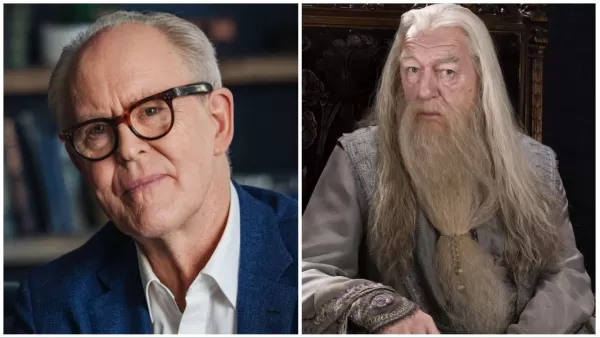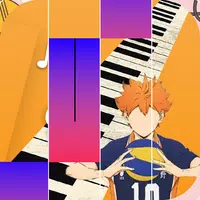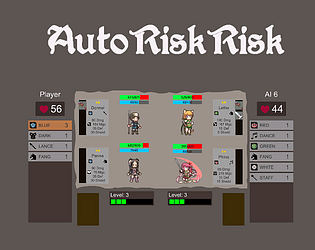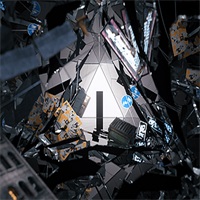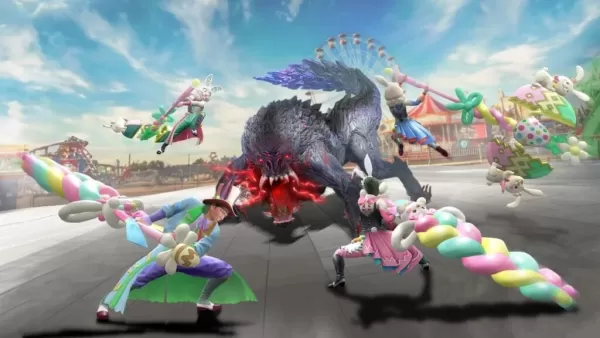Reinvention Is Key to God of Wars’ Continued Success
The God of War series has been a PlayStation staple for four generations. Kratos' vengeful journey, beginning in 2005, has defied expectations, thriving where other long-running franchises faltered. This longevity stems from a willingness to adapt. The pivotal 2018 reboot, transplanting Kratos from Ancient Greece to Norse mythology, dramatically altered both gameplay and presentation. However, even before this acclaimed shift, Sony Santa Monica subtly yet effectively evolved the series, ensuring its continued success.
Reinvention remains key. Director Cory Barlog hinted at future settings, including Egypt and beyond. While speculation, the allure of an Egyptian setting is understandable; its rich culture and mythology offer fertile ground. But a new setting is only the beginning. Future God of War installments must reinvent themselves, much like the transition from the Greek trilogy to the acclaimed Norse games—building upon the series' strengths while innovating.
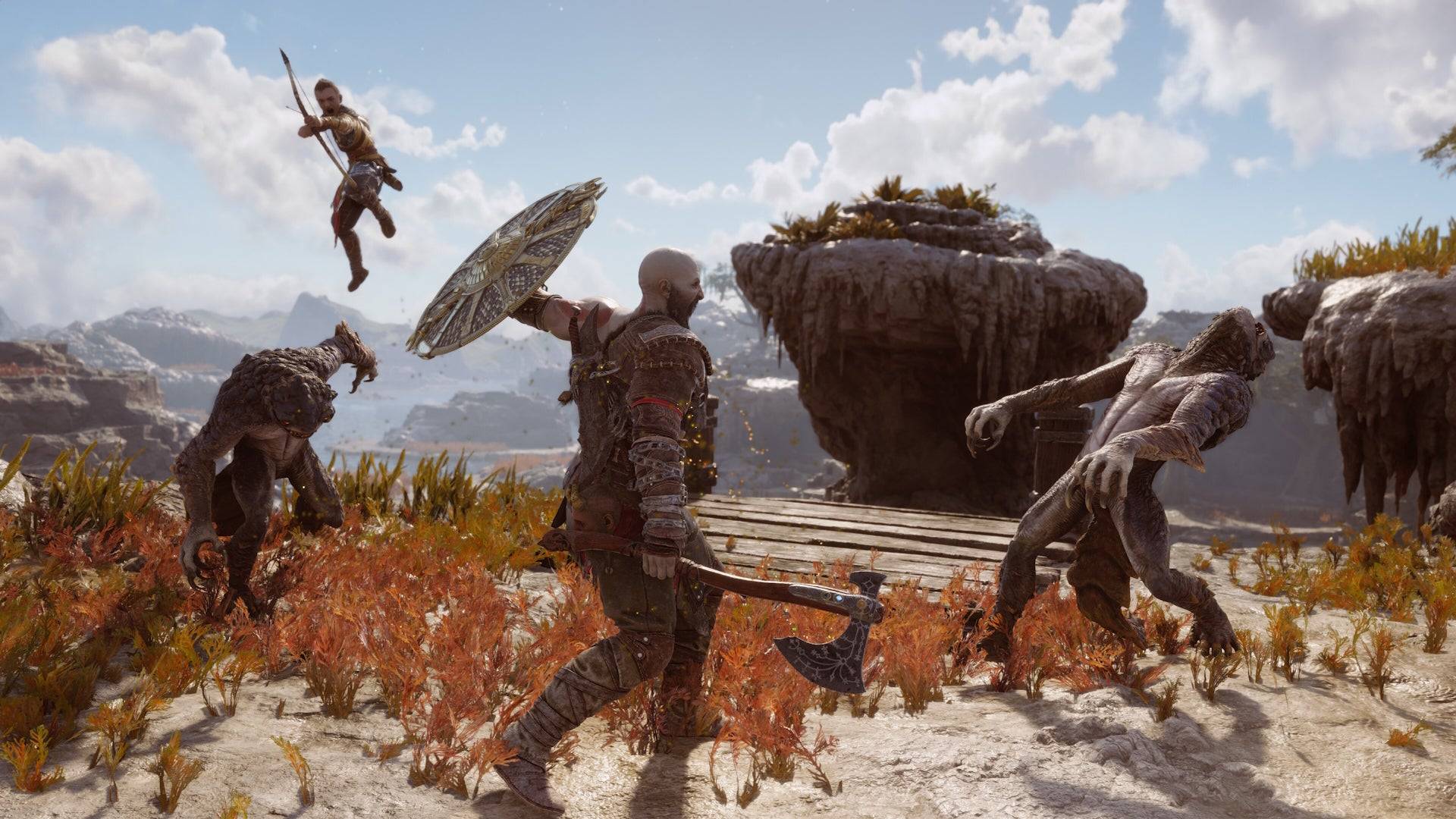
The Greek trilogy, spanning a decade, progressively refined its hack-and-slash combat. By God of War 3, Kratos wielded a revamped magic system complementing melee combat, facing diverse and challenging enemies. The PS3's enhanced power enabled improved camera angles, showcasing the game's graphical prowess.
The reboot, however, shed some elements. The Greek trilogy's platforming and puzzles were largely absent in the Norse games, due in part to the new over-the-shoulder camera perspective. Puzzles remained, but were redesigned to fit the adventure-focused narrative. Valhalla, the God of War Ragnarök DLC, notably resurrected battle arenas, adapting them to the Norse setting, poetically mirroring the story's return to Kratos' Greek past.
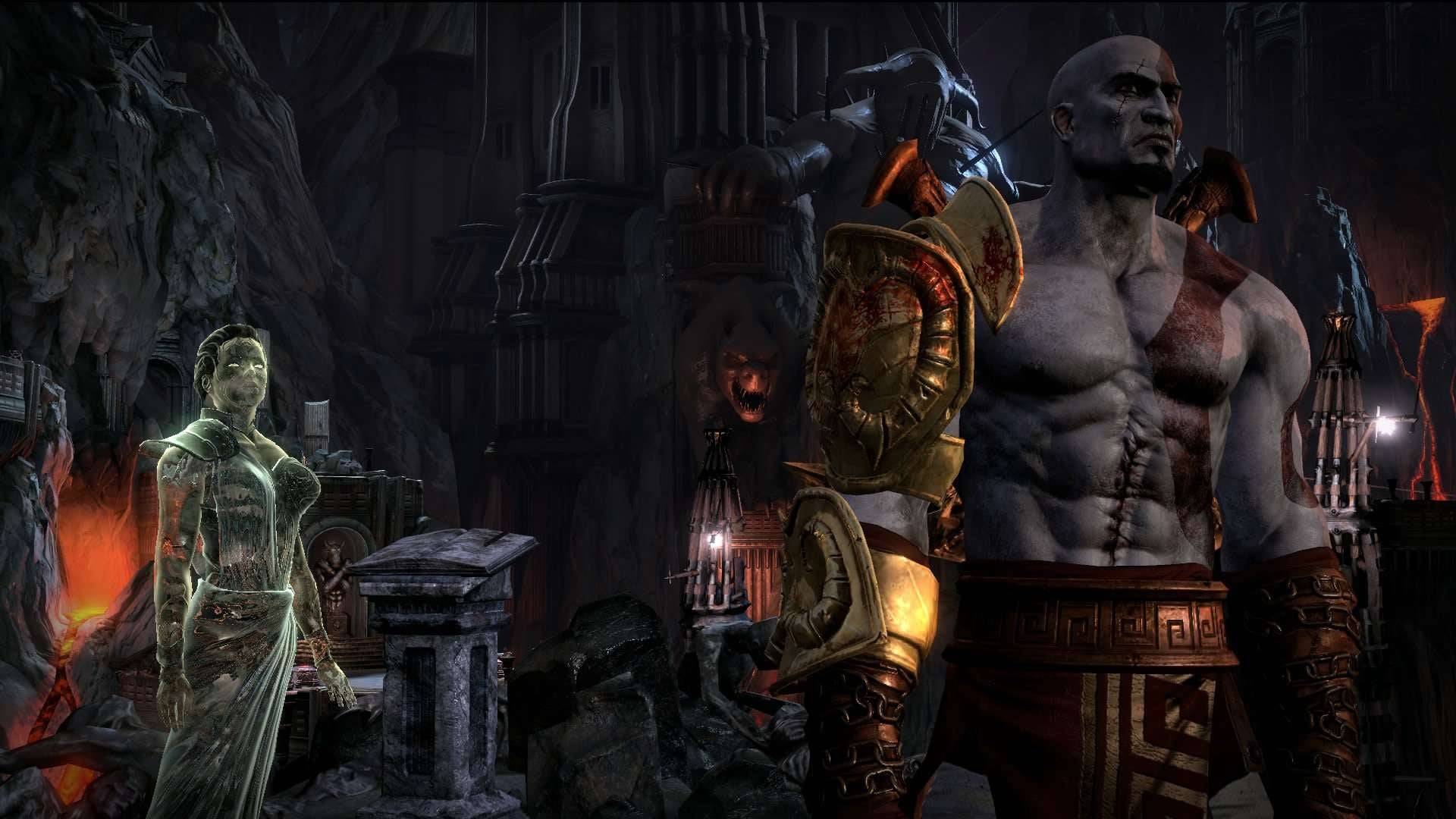
The Norse games aren't mere reinterpretations; they introduced the Leviathan Axe's throwing mechanics, a parry system enhanced by shields, and Ragnarök's fast-paced magical spear. These tools facilitated exploration across the Nine Realms, each with unique enemies and visuals.
Beyond mechanics, the storytelling drastically evolved. The Norse duology delves into Kratos' grief and his complex relationship with Atreus, a far cry from the original trilogy's more brutal narrative. This emotive approach significantly contributed to the Norse era's success.
God of War's evolution reflects a unique approach to franchising. The Norse games aren't traditional sequels, but extensions of Kratos' journey. This philosophy should guide future installments.
However, radical reinvention isn't a guarantee of success. Assassin's Creed, despite frequent setting changes, hasn't maintained consistent fan engagement across generations. Its shift to open-world RPGs, while profitable, has proven divisive, criticized for content bloat and a departure from its assassin roots.
Assassin's Creed Mirage, a soft reboot, attempted a course correction, receiving positive feedback. Assassin's Creed Shadows appears to continue this trend. This demonstrates that abandoning a series' core identity can alienate fans.
AnswerSee ResultsGod of War's success lies in its skillful navigation of change. The Norse games, while a radical departure, retained the core elements that made Kratos compelling. It built upon the foundation of the Greek trilogy, enhancing combat, adding features, and deepening lore without sacrificing its identity. Future installments must continue this approach.
Regardless of setting, future games must preserve what made God of War successful. While the Norse games prioritized combat, the next iteration will likely be judged by its narrative—the emotional core of the Norse duology. Kratos' character development from rage-filled monster to complex father and leader showcases the power of storytelling. Future installments must build upon this strength, innovating while maintaining the series' core identity.
-
Clash Royale has finally introduced a major upgrade for the Inferno Dragon, nearly a decade after its initial release. The fiery Legendary card now boasts enhanced capabilities, with Supercell partnering with Finnish comedian Ismo Leikola for a speciAuthor : Natalie Dec 22,2025
-
HBO's Harry Potter TV series has reached a major casting milestone with the first six roles officially announced. While fans eagerly await reveals for Harry, Ron, Hermione, and Voldemort, we now know who will portray Albus Dumbledore, Minerva McGonagAuthor : Gabriel Dec 22,2025
- Spring Valley Farm Game: January 2025 Redeem Codes
- WWE Superstars Join Call of Duty Warzone: Mobile Roster
- Midnight Girl is a minimalist point-and-click adventure set in Paris in the 60s, now open for pre-orders on mobile
- Mobile Legends: Bang Bang – Best Lukas Build
- "Grand Outlaws Unleashes Chaos and Crime on Android Soft Launch"
- Video Game Song Surpasses 100 Million Streams on Spotify


